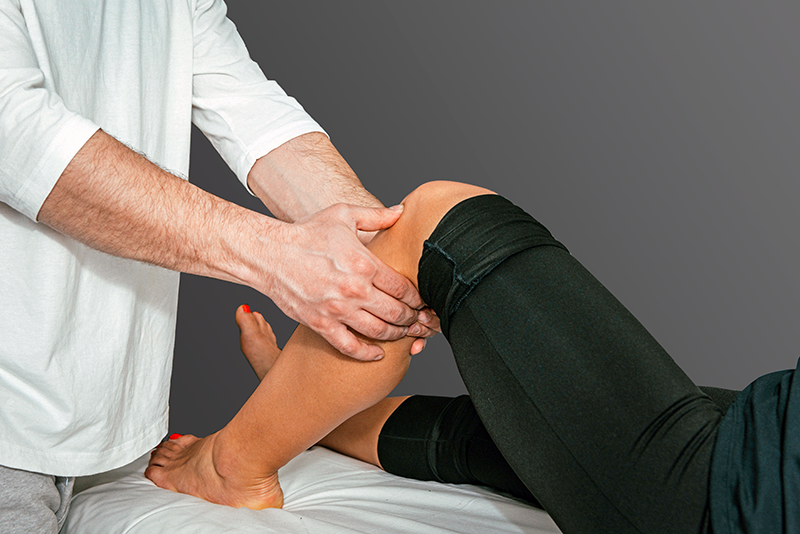9 Common Causes of Knee Swelling
Knee swelling or knee effusion occurs when water accumulates around the knee. This typically happens as a result of injury, disease, or chronic overuse of the knee. Swelling can interfere with functionality and flexibility. You may find it difficult to bend or completely straighten your knee.
It is also common for swollen knees to remain bent at 15 or 25-degree angles when the leg is completely straight. Depending on the cause is for the swelling, additional symptoms such as redness and knee pain can also occur. It can also be difficult to place any weight or pressure on a swollen knee.
Causes for a swollen knee can range from injury and osteoarthritis to more severe and less common causes like Baker’s cysts. You need to identify the underlying cause(s) for any knee swelling to reduce discomfort. You also want to prevent anything more serious to occur. Chronic knee swelling can lead to permanent cartilage and joint damage, as well as bone softening.
Common Causes of Knee Swelling
Knee Injury:
Any trauma to the knee ligaments, bones, tendons, meniscus, or cartilage can cause swelling. Injury increases blood flow to the area, causing swelling, redness, warmth, stiffening, and pain. This is known as hemarthrosis and requires immediate medical attention. You also need to see a doctor right away if you think a bone may be broken or if the pain worsens.
Bursitis:
The bursa is fluid-filled sacs that protect your joints. Bursitis is an inflammation of these sacs, and they fill with fluid, causing swelling. You may or may not feel pain. However, the knee will feel squishy. In most cases, bursitis is non-septic, but sometimes the sac becomes infected by bacteria and fills with pus. And this is known as septic bursitis, and it requires immediate medical attention.
Osteoarthritis:
Osteoarthritis can affect your knee, causing degradation to the joint. This causes an overproduction of fluid, then leading to swelling. Cases of knee osteoarthritis are almost always accompanied by inflexibility and pain.
Also, see Could Knee Pain a Sign of Arthritis?
Rheumatoid Arthritis:
RA is an autoimmune disease that causes joint lining deterioration. When this affects your knees, swelling, pain, tenderness, and redness may occur. Symptoms of rheumatoid arthritis typically occur on both sides of the body. So, if both knees hurt, RA is likely the cause.
Also, see When Is Surgery Right for RA?
Gout:
The disease gout is characterized by the accumulation of uric acid crystals in the joint. Gout causes rapid swelling and will be accompanied by severe pain, warmth, and redness.
Pseudogout is also a type of gout. In fact, it is similar to gout but involves the accumulation of calcium pyrophosphate crystals. Pseudogout occurs more often in the knee joints than gout. However, it presents similar symptoms.
Baker’s Cysts:
The most common symptom of Baker’s cysts is pain and swelling at the back of the knee. Most commonly treated with rest, ice, compression, and elevation. You also need to consult with your doctor to rule out other potential causes.
Osgood-Schlatter Disease:
This inflammation of the patellar tendon is most common among active pre-teens and adolescents. This disease is diagnosed by a doctor and treated at home. The condition typically fades and resolves on its own as the child grows.
Tumor:
Although rare, tumors can cause knee swelling. Both benign and malignant tumors cause swelling and pain. Therefore, it needs to be ruled out early on. In fact, an early diagnosis is key to treating tumors. Additionally, pain associated with tumors will be more noticeable at night. And it is common to occur alongside night sweats and weight loss.
If you are experiencing knee pain and are searching for relief, call us at 888-409-8006. Our top knee specialists are here to help!


No Comments